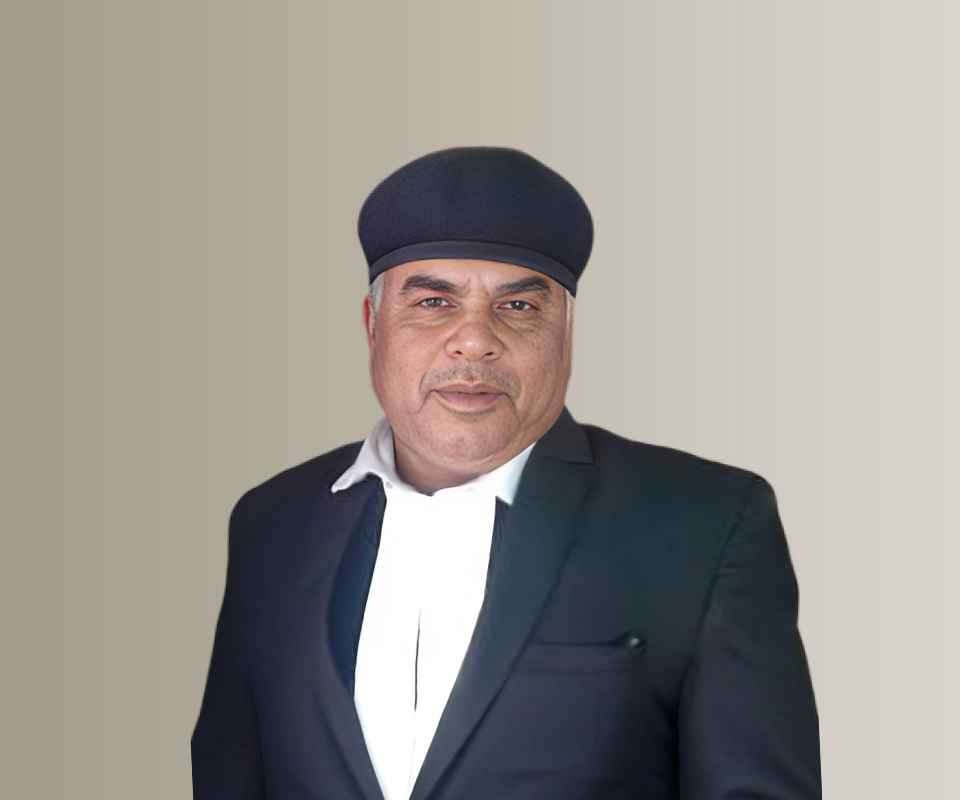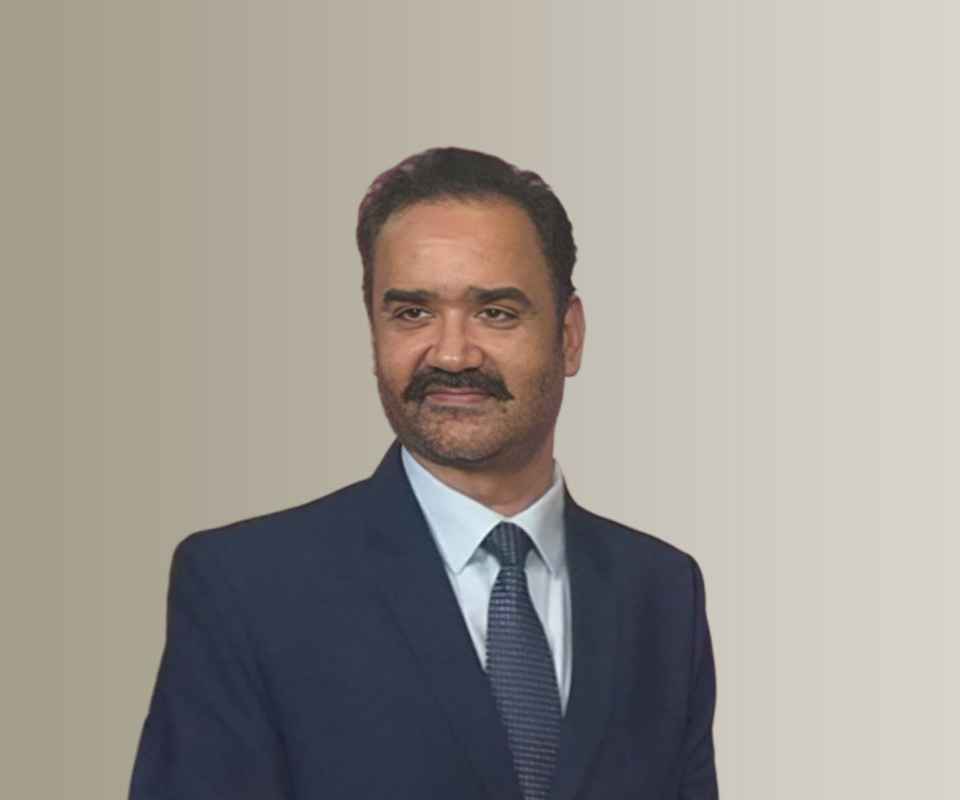Answer By law4u team
A Permanent Commission (PC) is a type of military commission granted to officers who are selected to serve in the Indian Armed Forces for their entire career, typically until retirement. Unlike Short Service Commission (SSC), where the service duration is limited to 10-14 years, officers with a Permanent Commission are entitled to serve in the Armed Forces on a long-term basis, enjoying all the associated benefits and privileges of a career officer.
Key Aspects of Permanent Commission (PC)
Eligibility Criteria:
- Age: The age limits for Permanent Commission can vary based on the entry route. For instance, CDS (Combined Defence Services) candidates must be between 19-24 years of age, while candidates for NDA (National Defence Academy) can be between 16.5 to 19.5 years.
- Educational Qualifications:
- Flying Branch: Candidates must have a graduate degree in Engineering or Mathematics/Physics at the 10+2 level for certain technical roles.
- Ground Duty Branches: A graduation or post-graduation degree in relevant fields (e.g., logistics, administration, law, etc.) is required depending on the entry route.
- Medical Standards: Candidates must meet the medical standards set by the respective branch of the Indian Armed Forces (Army, Navy, or Air Force).
Recruitment Process:
- National Defence Academy (NDA): Candidates selected through the NDA exam and training are eligible for a Permanent Commission upon successful completion of their training at the National Defence Academy and subsequent military academy.
- Combined Defence Services (CDS): Candidates who clear the CDS exam and undergo training at the respective Indian Military Academy (IMA) or Air Force Academy (AFA) can be granted a Permanent Commission after successful training.
- Direct Entry: Some branches also offer direct entry for graduates who pass the entry exams for a Permanent Commission.
Service Duration:
Unlike Short Service Commission (SSC), which lasts for 10-14 years, Permanent Commission is a lifelong commitment. Officers serving under a PC can continue their service until retirement (usually around the age of 54-60 years, depending on the branch and specific regulations).
If officers wish to continue serving, they can do so until retirement or transition to civilian life after completing their service.
Roles and Responsibilities:
Officers with a Permanent Commission serve in various leadership and operational roles. These can include commanding units, overseeing military operations, and managing personnel in areas such as administration, logistics, and technical operations.
They are expected to lead and mentor younger officers and enlisted personnel throughout their careers. Over time, they may rise through the ranks to become senior officers, such as Colonel, Brigadier, or General in the Army, Captain, Commander, or Admiral in the Navy, or Wing Commander, Group Captain, or Air Marshal in the Air Force.
Benefits of Permanent Commission:
- Long-Term Career: Officers under PC have the option to serve a full career in the Armed Forces. They receive promotion opportunities at various stages of their career and can attain higher ranks as they gain experience.
- Salary and Allowances: Permanent Commission officers receive competitive pay scales and allowances, including house rent, travel, medical, and other service-related benefits.
- Retirement Benefits: Officers on PC are entitled to comprehensive pension and retirement benefits, including gratuity and provident fund.
- Career Growth and Leadership: Officers with PC have ample opportunities to progress in their careers, leading larger units, or taking on higher leadership roles.
- Pride of Service: Serving as a permanent officer in the Indian Armed Forces is prestigious, with significant national respect and recognition.
Promotions and Career Advancement:
Officers with a Permanent Commission undergo regular promotions based on their performance, service length, and vacancies in the higher ranks.
Promotion Stages: The career progression usually follows a structure, starting from Lieutenant (or equivalent) and progressing to Captain, Major, Lieutenant Colonel, Colonel, Brigadier, and higher ranks.
Higher promotions are subject to the completion of mandatory training, assessments, and merit-based selections.
Permanent officers have the chance to be promoted to senior ranks like General or Air Marshal, depending on the branch and individual performance.
Retirement and Post-Retirement Opportunities:
Retirement:
Permanent Commission officers typically retire after completing their service term, which may extend to the age of 54-60 years, depending on the branch and regulations.
Post-Retirement Opportunities:
Many Permanent Commission officers pursue careers in civilian sectors such as management, consulting, defense contracting, or work with government agencies, benefiting from the leadership and technical skills they have gained in the military.
Example:
Consider an officer who joins the Indian Army through the CDS exam and successfully completes training at the Indian Military Academy (IMA). Upon commissioning, the officer is granted a Permanent Commission. Over the years, the officer rises through the ranks, becoming a Colonel and eventually a Brigadier. Throughout this journey, the officer receives promotions, benefits, and retirement security. The officer may also be eligible for leadership roles at higher levels, such as Divisional Command or corps-level leadership.
Conclusion:
A Permanent Commission (PC) is a long-term service opportunity in the Indian Armed Forces that allows officers to serve for an entire career, with the option of progressing through ranks, receiving substantial benefits, and contributing significantly to national security. Unlike Short Service Commission (SSC), which is for a fixed term, a Permanent Commission offers a more stable, rewarding career with retirement benefits and leadership roles.







